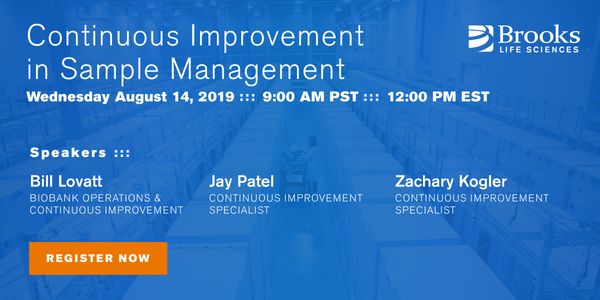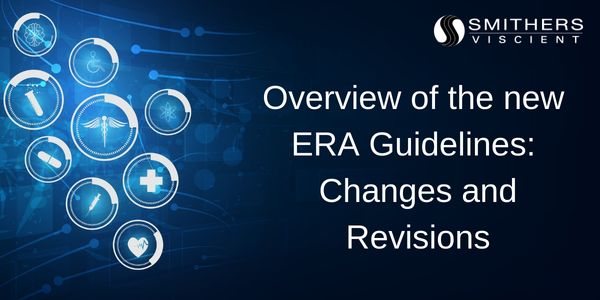SEP 05, 2019 | 7:00 AM
DATE: September 5, 2019TIME: 7:00am PT, 10:00am ET, 4:00pm CEST PCR (Polymerase Chain Reaction) has gone through a massive evolution since its development in 1983. Besides it...
AUG 29, 2019 | 8:00 AM
Date: August 27, 2019Time: 11:00am PDT, 2:00pm EDTBackground: Clinical guidelines for H. pylori screening and post-treatment testing endorse the use of urea breath test (UBT), H. py...
AUG 15, 2019 | 9:00 AM
DATE: August 15, 2019TIME: 9:00am PDT, 12:00pm EDT Radiation therapy is a critical tool for the treatment of brain tumors, however, exposure to high doses of ionizing radiation...
AUG 14, 2019 | 9:00 AM
DATE: August 14, 2019TIME: 9:00am PT. 12:00pm ET Implementation of Lean Methodology in Biobanking Operations to standardize sample management processes is effective. Each proce...
JUL 31, 2019 | 9:00 AM
DATE: July 31, 2019TIME: 9:00am PT, 12:00pm ET The choroid plexus, which makes up the blood-cerebrospinal fluid barrier in the central nervous system (CNS), lines the ventricle...
JUL 30, 2019 | 6:00 AM
DATE: July 30, 2019TIME: 6:00am PT, 9:00am ET The current version of the EMA Guideline for the environmental risk assessment of human drugs was published in 2006. This guidance...
JUL 25, 2019 | 9:00 AM
DATE: July 25, 2019TIME: 9:00am PT, 12:00pm ET Vaginitis / vaginosis (V/V) is defined as a spectrum of conditions that cause vaginal and sometimes vulvar symptoms, such as itch...
JUL 24, 2019 | 9:00 AM
DATE: July 24, 2019TIME: 9:00am PT, 12:00pm ET This webinar offers an overview of C. difficile diagnostic test methods, discussion on the controversy regarding the best laborat...
JUL 17, 2019 | 9:00 AM
DATE: July 17, 2019TIME: 9:00am PDTViral infections, including those caused by cytomegalovirus (CMV), Epstein-Barr virus (EBV) and BK virus (BKV) are an important cause of morbidity and...
JUN 26, 2019 | 9:00 AM
DATE: June 26, 2019TIME: 9:00am PDT, 12:00pm EDT An excessive number of software solutions are available to help manage your clinical, biobank, or biorepository sample inform...
JUN 05, 2019 | 5:00 PM
DATE: June 5, 2019TIME: 8:00am PDT, 11:00am EDT, 5:00pm CEST Eukaryotic cell cultures respond to the most subtle influence. Apart from the risk of contamination, minimal chan...
MAY 16, 2019 | 4:00 PM
DATE: May 16, 2019TIME: 7:00am PDT, 10:00am EDT, 4:00pm CEST The emergence of NGS is revolutionizing the microbiological sciences and transforming medicine. Deep sequencing has...
MAY 15, 2019 | 12:00 PM
DATE: May 15, 2019TIME: 9:00am PDTHepatitis B infections remain a significant global healthcare burden resulting in 887,000 deaths in 2015. Clinical laboratories can have a measurable i...
Screening to identify all known viruses and other pathogenic microorganisms including bacteria, fungus and parasites in human tumor tissues will provide a more comprehensive understanding of...
APR 30, 2019 | 8:00 AM
DATE: April 30, 2019TIME: 8:00am PDTIumour-derived extracellular vesicles (EVs) are of increasing interest as a resource of diagnostic biomarkers. However, most EV assays require large...
























